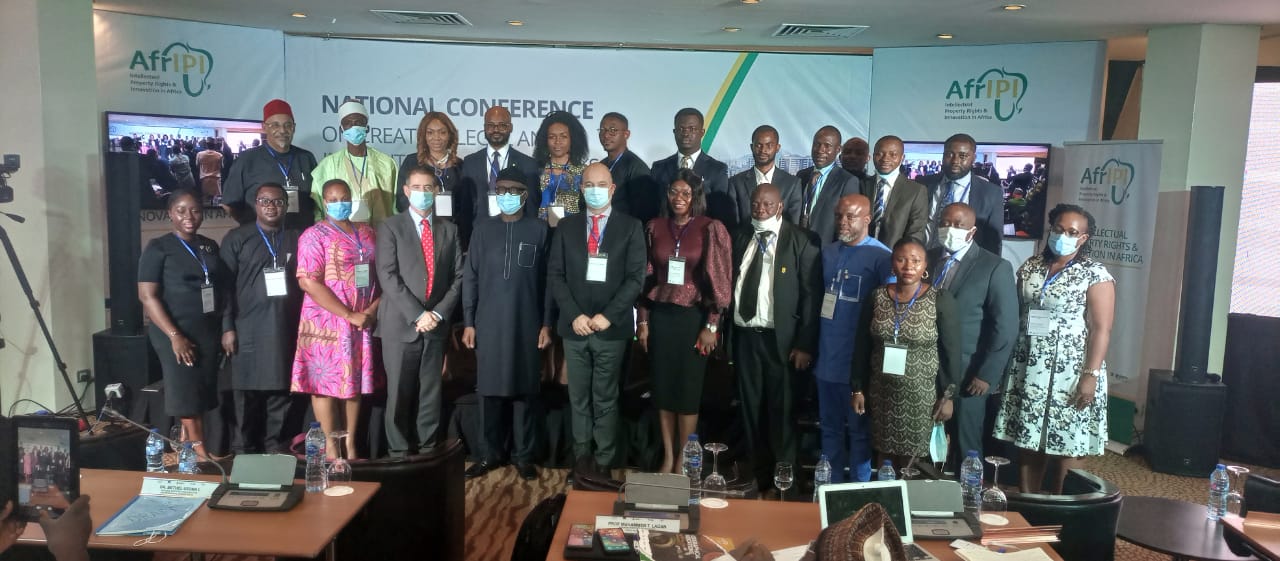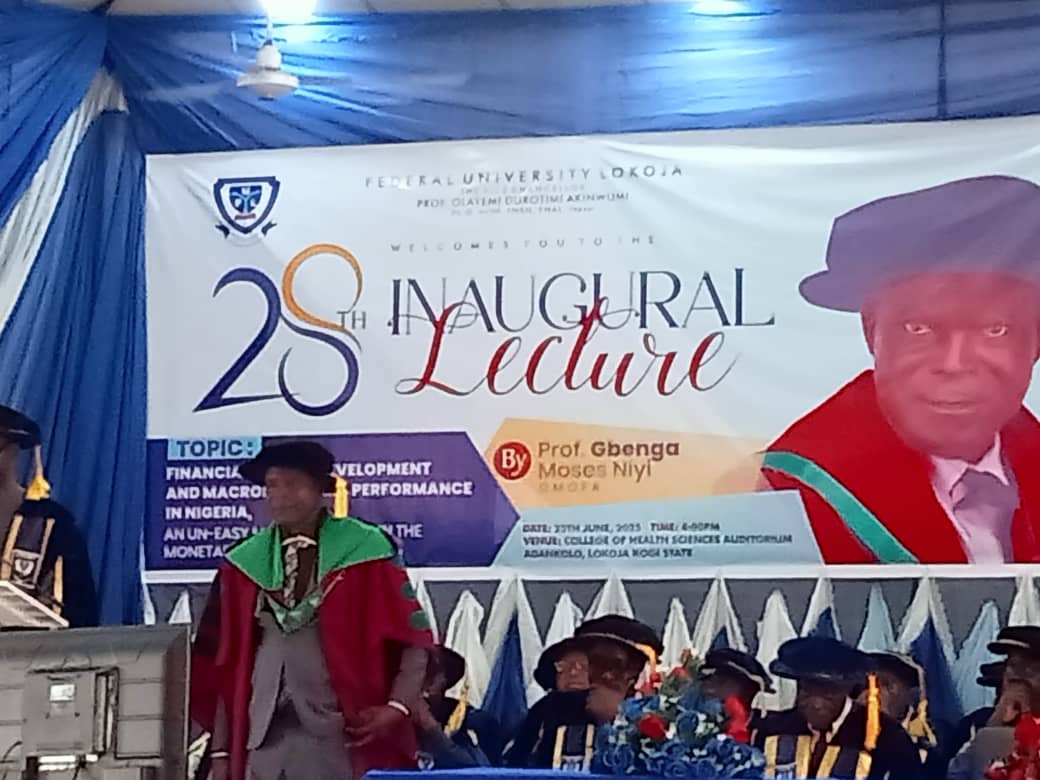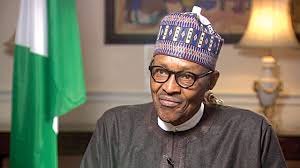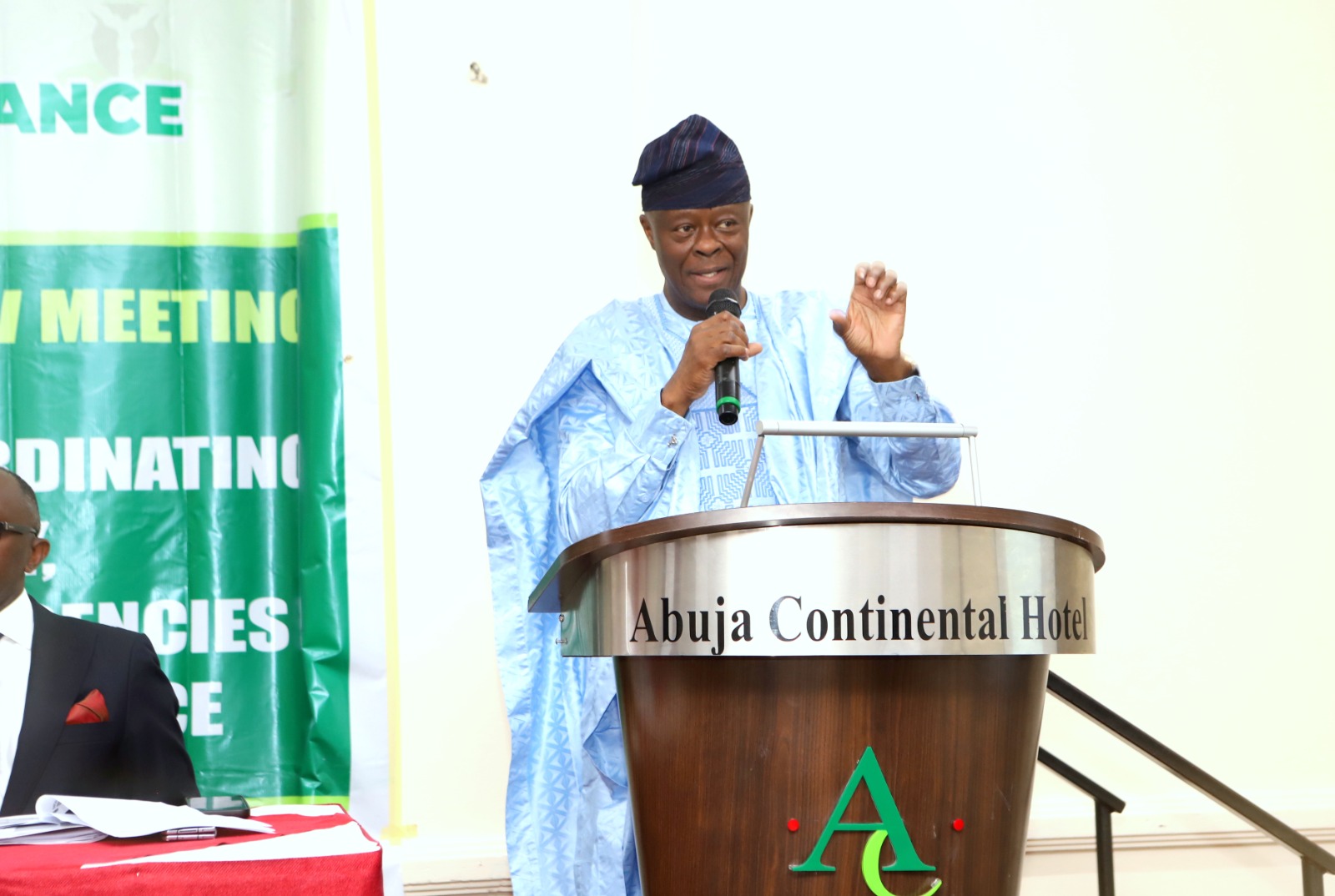
The Federal Government in collaboration with the European Union (EU) and Africa International Trade and Commerce Research (AITCR), have intensified efforts to ensure product specification.

This they said is aimed at increasing the volume of exported unique products in Nigeria.
This came to the fore during the week at the National Conference on Creation of Legal and Institutional Framework for Geographical Indications, in Abuja.


In his keynote address, Minister of Industry, Trade and Investment, Richard Otunba Adebayo commended the EU and European Union Intellectual Property Office (EUIPO) for funding the Intellectual Property Rights and Innovation in Africa (AfriPi project).

According to him, Geographical Indication is a sign used on products that have a specific geographical origin and possess qualities or a reputation that are due to that origin.
He stated that the AfriPI Project has gone a long way in supporting African companies, creators and inventors to generate value from their intellectual property.
“For many years, stakeholders from both the public and private sector in Nigeria have worked hard to promote and draw attention to geographical indications and other forms of intellectual property protection in Nigeria.
“The benefits obtainable from geographical indications in Nigeria are immense. Nigeria Is one of the most culturally diverse societies in the world.
“We can boast of a wide variety of products that can be classified as GI.
“These range from the popular Ijebu garri to Nsukka Yellow Pepper, the Sokoto Red Skin Goat and the famous Yauri Onions.
“Unfortunately, poor knowledge of geographical Indications and the absence of a specific legal framework has rendered our unique products more vulnerable to misappropriation”, he added.
The Minister mentioned that poor knowledge of the Geographical Indications (GI) and absence of a specific legal framework has continued to render Nigeria’s products more vulnerable to misappropriation.
He assured that Federal Government is committed to ensuring that Nigeria exports more finished goods, adding that GI would play a major role in supporting Nigerian producers generate greater value.
“Agri-food and drink products which have names that are protected by the European Union as geographical indications represent a sales value of about €75 billion.
“Currently over one fifth of this amount Is generated by exports that originate outside of the European Union. This presents a huge opportunity for indigenous exporters who can now capitalize on improved product reputation and the willingness of consumers to pay a premium for authentic products.
“Many potential Nigerian Gis originate in rural areas that are challenged by extreme poverty and socio-economic issues.
“Studies have established that the sales value of products associated with Gis is on average, twice that of similar products. Geographical indications provide opportunities for some of Nigeria’s most impoverished areas to participate in the exportation of non-oil products, earn fair compensation and drive much needed development.
“As all the stakeholders here are aware, geographical indication protection is not limited to agricultural produce but extends to a wide range of products induding, handicrafts, industrial products and prepackaged personal care products to name a few”, Adebayo said.
Speaking with newsmen shortly after the conference, Mr. Sand Mba-Kalu, Executive Director at Africa International Trade and Commerce Research (AITCR), noted Geographical Indication is the hope for the common man as it would help to put their names in the global market.
He reaffirmed that it will bring development and economy sustainability process to use our local products for export market and to our local communities as well as create employment in the rural areas.
Also speaking during the conference, Head of European Union Intellectual Property, Ignacio Medrano noted that they are convinced that with the protection of geographical indications, it will potentially increase the exports and tourism in Nigeria because of the quality of the products that Nigeria have.
EUIPO is supporting AFTIPI program of a legal framework for geographical indication and there are many activities trying to raise awareness about intellectual property in the African continent.
A member of the working committee, Mr. Mark Abani underscored the importance of having a legal framework.
He mentioned that members of the working committee was drwan from a wide range of experience and skills, that way they are able to develop a robust outline that would cater for all interests.
On her part, Tolu Olaloye, a member of the working committee, noted that one of the best practices that should adopted was scrutiny that would be done by a registrar, that would look at the value and origin of a product to aoid mixups.
She stated that generic name should not be allowed as a provision in the European laws do not petmit that.
The Director General for Agriculture and Rural Development for the European Commission, john Clarke, on his part said agriculture has huge potentials for export in Nigeria.
Clarke reaffirmed that with a proper framework for farmers, the country’s economy will grow rapidly due to abundant agriculture unique varieties that will be exported.




